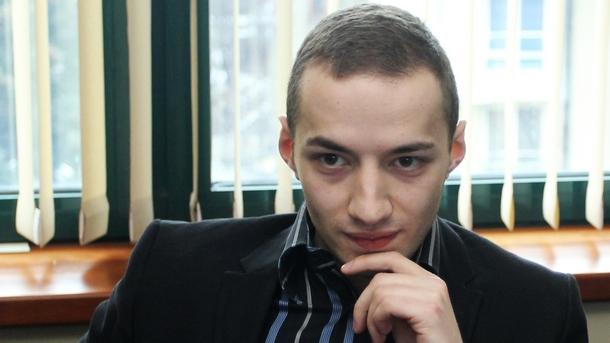For months, the situation in neighbouring Greece has been in the focus of public attention. Greece has also been an important topic for polling agencies. Gallup International conducted such a poll in the period July 30–August 6. Bulgarian citizens say that the ones to blame for the crisis in Greece were Greek authorities, as well as the creditors themselves. There are no prominent attitudes of solidarity and fears that the Greek scenario is possible in Bulgaria are not prevailing. These are the findings of sociologists. But who is to blame for the Greek crisis and who benefits from the situation?
 "The breakthrough achieved in negotiations in July has left the impression in Bulgarians that the Greek government was on the winning side", says Dimitar Ganev from Gallup International. "Nearly 40 percent of the polled claim this. 24 percent believe that the winners are both Greece and its creditors. 13 percent say that those who win from the situation are just the creditors. People with higher education and living standard see a more complicated picture and are more moderate in their views. But in general Bulgarians think Greece manages to protect its interests. Still, there are diverse opinions and a quarter of respondents admit that they can not assess the situation."
"The breakthrough achieved in negotiations in July has left the impression in Bulgarians that the Greek government was on the winning side", says Dimitar Ganev from Gallup International. "Nearly 40 percent of the polled claim this. 24 percent believe that the winners are both Greece and its creditors. 13 percent say that those who win from the situation are just the creditors. People with higher education and living standard see a more complicated picture and are more moderate in their views. But in general Bulgarians think Greece manages to protect its interests. Still, there are diverse opinions and a quarter of respondents admit that they can not assess the situation."
Here's what polled citizens say about the origin of the crisis.
"We aimed to find out more about the attitude towards existing claims and stereotypes. These claims are basis for further studies and are not comprehensive. However, 60 percent say that Greece has problems because Greeks do not work enough. This is a popular claim, circulating in world media and that was the reason to test it. However, 21% disagreed, and the rest cannot decide. However, nearly 70 per cent agree with the statement that those who gave loans to Greece are most to blame. 14% disagree. Those with leftist sentiments naturally support the view that creditors have the main responsibility. Most of the Bulgarian - 75 percent say the main culprit for the problems in Greece were politicians there. Just 9 percent of Bulgarians disagree with the statement and the rest cannot decide. We must mention that the seriously negative attitude towards politicians in Bulgaria also leads to automatically saying that "politicians are always guilty."
In its latest study "Gallup International" asked people if part of the debts of Greece should be erased. 70 percent of Bulgarians disapprove, while 11% are of the opposite opinion, and the rest cannot decide.
"Actually we asked the same question a few months ago and we received almost the same answers despite of the Greek referendum and the negotiations with Brussels that followed. This is also valid for the question if Bulgaria should provide financial help to Greece. Over 80 percent say Bulgaria should not provide financial help and just 6 percent are of the opposite opinion."
According to the poll, although most of Bulgarians say the Greek government benefits from the agreement with creditors, 43% believe that the situation in Greece in the future will become worse, while 21 percent say the situation will improve.
Still a great number of people cannot decide. When asked if there was a danger in Bulgaria stemming from the crisis in Greece the shares of positive and negative responses are the same. People with lower living standard express more fear. Political affiliation also plays an important role. Supporters of ruling GERB party say there is no risk for Bulgaria. Probably the latest developments in Greece have calmed fears in Bulgaria.
English: Alexander Markov
1000 participants will take part in the first Burgas Half Marathon, which will take place this Sunday, 24 November. The event will bring together amateurs and professionals of different ages who will compete in three distances - 1 km, 10.5 km and 21 km...
Two graduates of the Bulgarian School "Saints Cyril and Methodius" in Jordan presented their achievements at an event at their school "Hadi al Muhammadi" in Amman. The photo, published on the Bulgarian school's Facebook page , shows third graders..
Radmila Sekerinska from North Macedonia appointed NATO Deputy Secretary General NATO Secretary General Mark Rutte has appointed Radmila Sekerinska from North Macedonia as the next NATO Deputy Secretary General. “I am happy to announce..
An innovation for the treatment of diabetic foot ulcer using the patient's own tissue and artificial intelligence has been implemented at the University..
Over 3.5 million Ukrainians have arrived in or passed through Bulgaria since the beginning of the war. Nearly 200,000 people have found temporary..
At the Bulgarian Embassy in London, Prof. Bettany Hughes presented excerpts from the new BBC series - Wonders of Bulgaria. Prof. Bettany..

+359 2 9336 661
